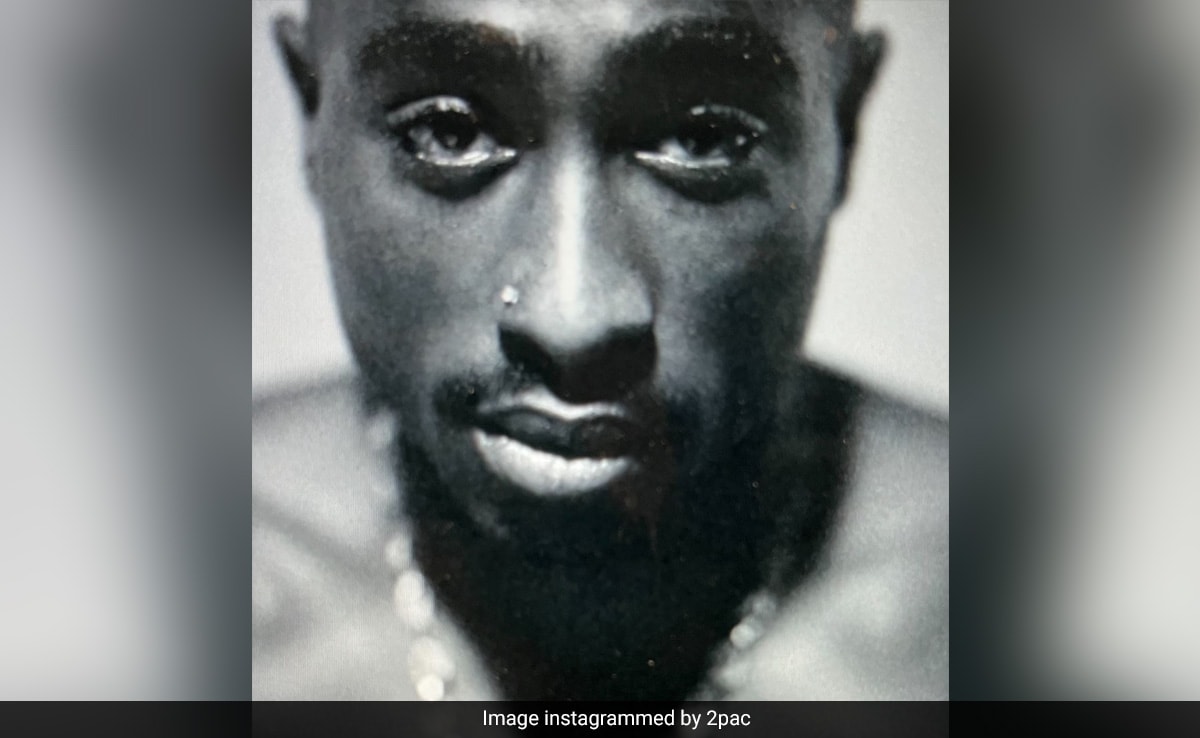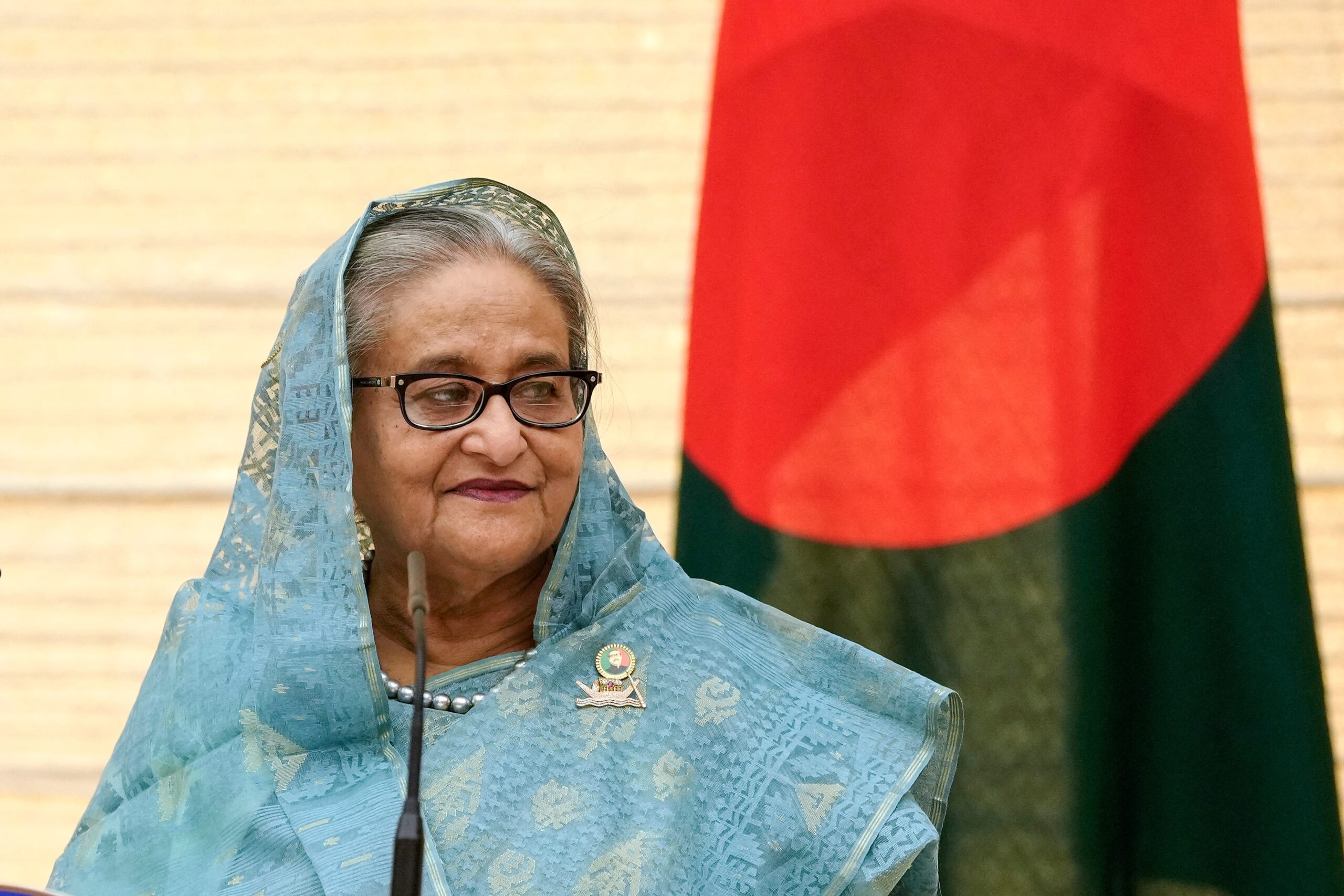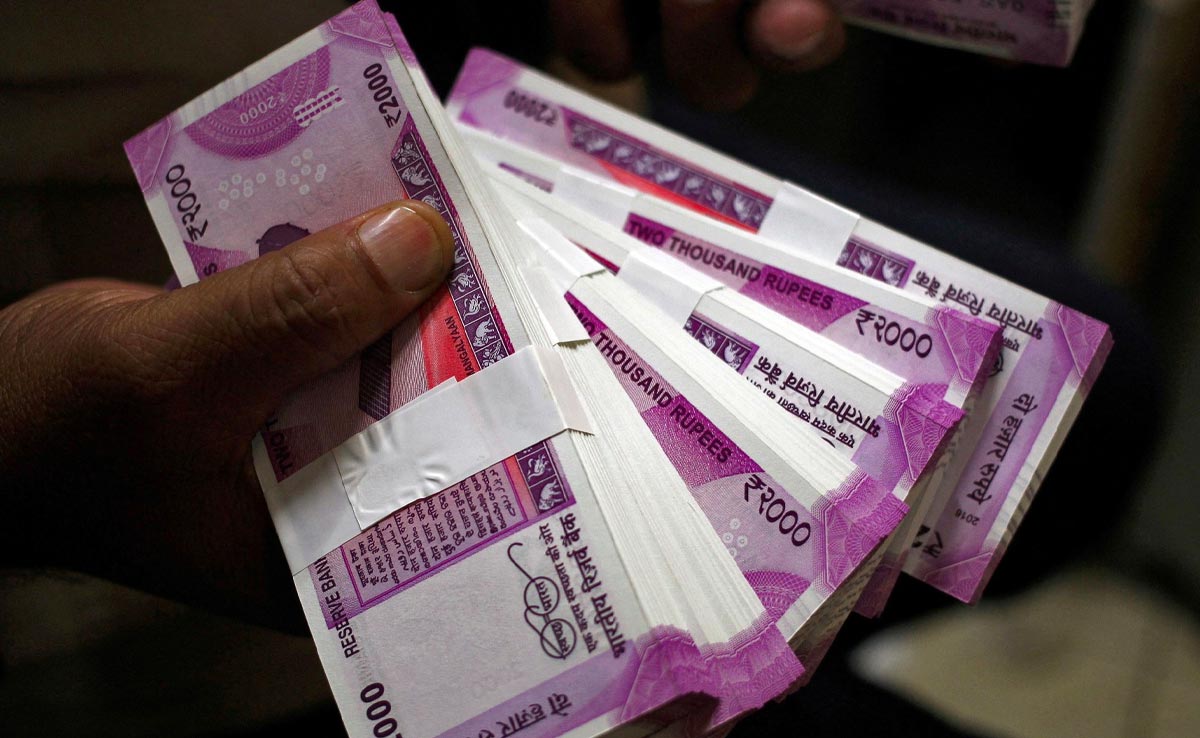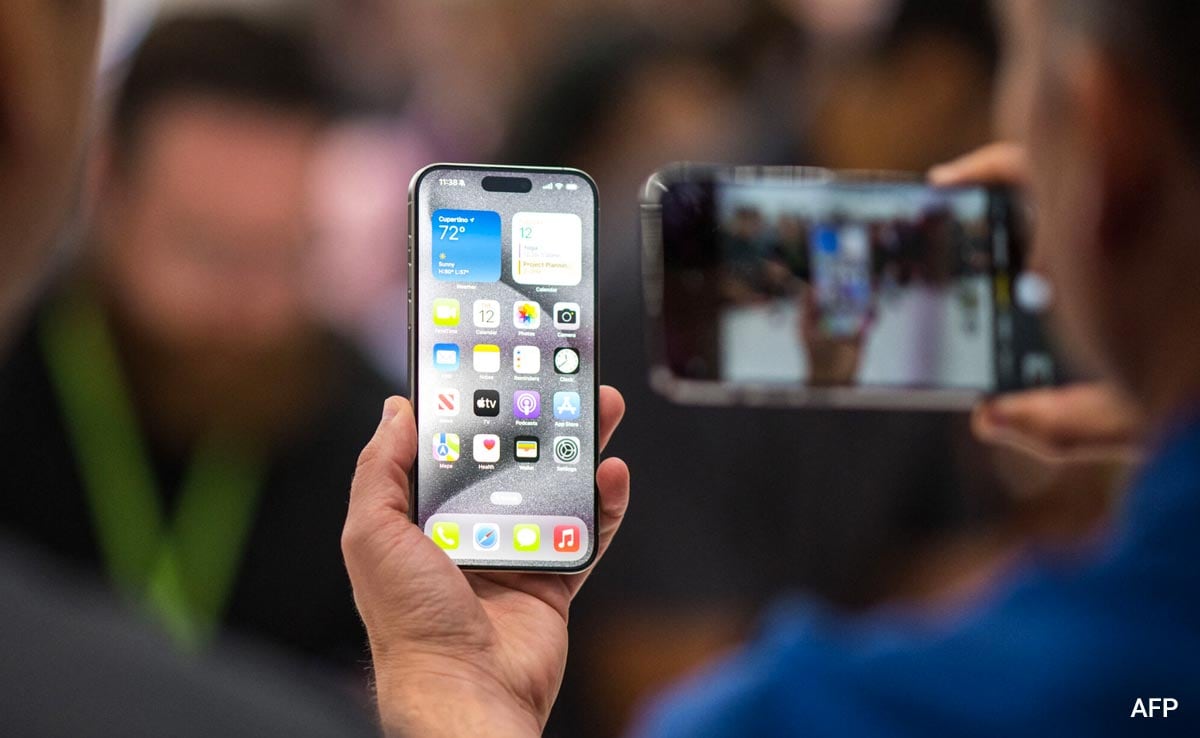A person uses an Electric Vehicle charging station installed by Greater Hyderabad Municipal Corporation (GHMC) and Telangana Renewable Energy Development Corporation Ltd, in Hyderabad on Thursday, June 20, 2024.
| Photo Credit: NAGARA GOPAL
The growth of the automotive industry in India has happened because of the excellent road infrastructure which has been created during the last couple of years. A lot of intercity travel means that consumers want to have luxury cars, they want to have safer cars and that has helped to drive growth in the industry.
This time from the Union Budget we would expect not only continuity in infrastructure spending but also increased spending on road infrastructure because there exists a lot of head-room for improvement for the industry to grow.
For long-term success of electrification of automobiles, one of the big factors helping us, is the reduced duty structure that enables to price Electric Vehicles (EVs) close to Internal Combustion Engines (ICE) cars. Our expectation is the government comes out with a clear policy roadmap and gives a statement that these incentives on taxes will continue for the next 8 to 10 years.

This will give confidence to customers to get into EVs and also OEMs to invest more when it comes to electrification. OEMs like us would be interested in introducing new cars in the Indian market. In addition, there is also a pressing need for the State governments to continue their commitment towards EV adoption, continuing the tax breaks and incentives that attract end consumers.
For charging infrastructure the onus is on Charging Point Operators (CPOs) to set up the desired network to democratise their chargers. Today, we find that a lot of CPOs are not opening up their APIs so the customers need to download multiple apps to charge their cars.
To address this the government can come with a common platform for all CPOs to list, so that customers have the ease of payment like UPI to transact when it comes to charging their EVs. Apart from this, there are a lot of good ideas the world over to make it toll free for electric cars, providing special parking facility in cities for EVs. So, I think, no amount of incentives is less, because electrification needs a major push from the government.

As India aggressively transitions towards carbon neutrality, the government’s role also becomes more pronounced. We believe the road towards creating a carbon-neutral ecosystem will come from zero emission, which can be delivered by electrification. OEMs, their suppliers, vendors, policymakers and all other key stakeholders have to come together, work in close cooperation to ensure we create a robust, resilient and time-bound EV ecosystem.
At OEM level, the industry is ensuring that we actively encourage the EV adoption not just by launching high-tech and desirable product offerings, but we also focus on easing the total cost of ownership. This the OEMs are doing via offering long battery warranties, attractive residual value for EVs which are comparable to ICE vehicles and also extending service intervals to prolong any workshop visits.
The industry should continue to not only focus on introducing new products, but also spend their time and resources for enhancing consumer-education initiatives across markets. The actual acceleration for EV adoption can only happen when there is a strong demand from consumers for these technologies; but for that, we need concerted and coordinated efforts from OEMS, policymakers and customers.

When it comes to import duties, we have been in India for 30 years doing business based on the current taxation structure. Though lower taxes are always welcome, we also need to be pragmatic considering the current economic as well as political compulsions. So, we are realistic there, when it comes to tax cost. Hopefully, there are no increases as such in this Union Budget and there is continuity in taxation which should help us to do business as usual.
We expect the Indian auto industry to grow at 7% to 8% or maximum at 10% this year. The luxury car market size is 1 to 1.2% of the total industry and this segment should grow in double digit, may be slightly faster than the mass market passenger cars, because the base is low.
Right now, if you look at the enablers; the stock market is at all-time high, the real estate sector is doing well, tax collections are at a record high. So, we do not see any impediments to achieve the projected growth. With the incoming festive season combined with the wedding season and the depreciation month of September [a lot of consumers buy cars in September to claim depreciation benefits), I think the market will remain strong in the rest part of the year as well.
(Santosh IyerisManaging Director & CEO, Mercedes-Benz India. As told to Lalatendu Mishra)











